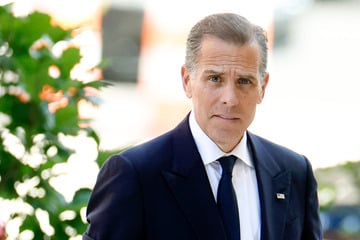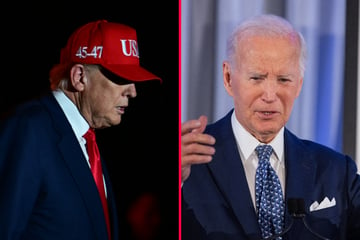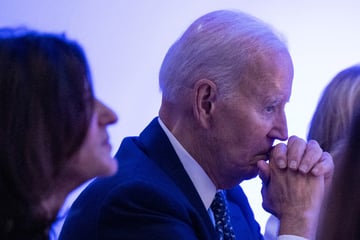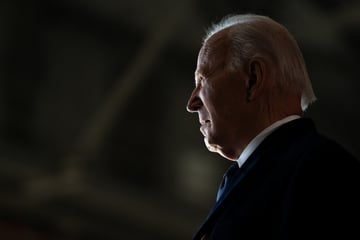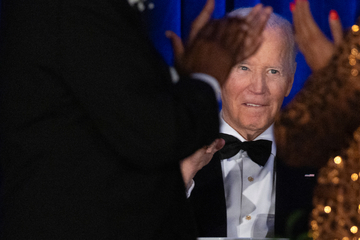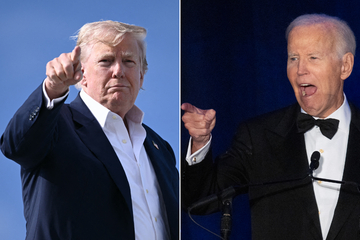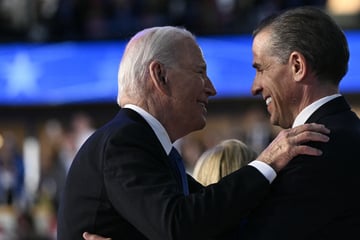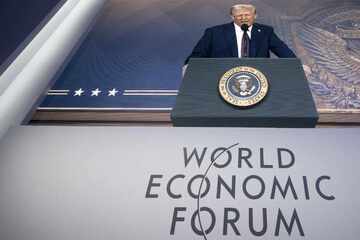President Biden and Japan's PM announce joint defense ties against China
Washington DC- US President Joe Biden and Japanese Prime Minister Fumio Kishida on Wednesday unveiled major upgrades in their countries' defense ties during a White House state visit.
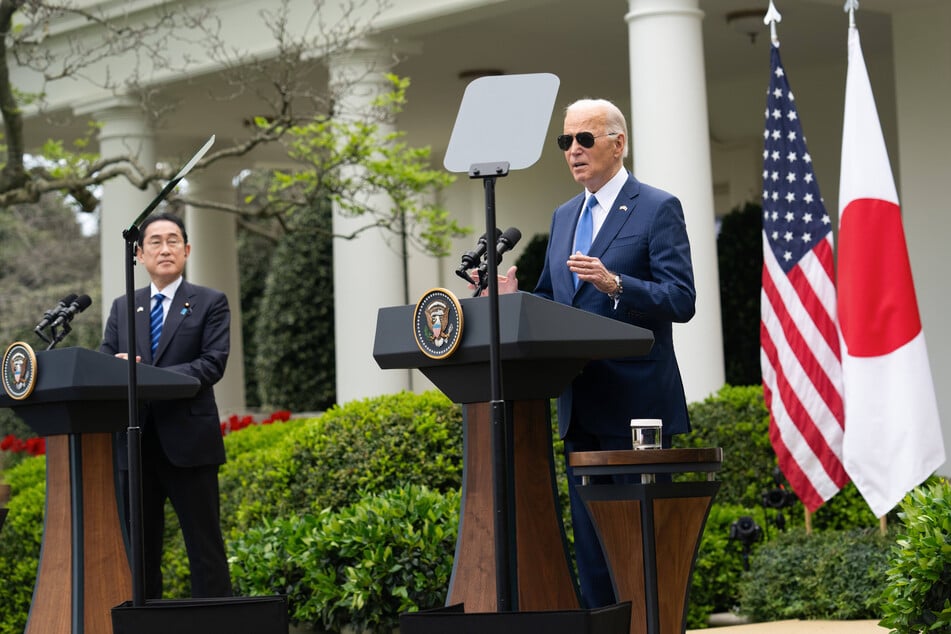
In a bid to counter a resurgent China, Biden rolled out the red carpet for Kishida with a lavish dinner and music by Paul Simon as he underscored Japan's importance as a key ally against Beijing in the Asia-Pacific region.
The two leaders even agreed that a Japanese astronaut would be the first non-American to walk on the Moon as they sought to take the Japan-US alliance to new heights over the coming years.
"This is the most significant upgrade in our alliance since it was first established," President Biden told a press conference with Kishida in the White House Rose Garden.
US and Japan reveal military restructuring to secure "peace and stability" in the Indo-Pacific
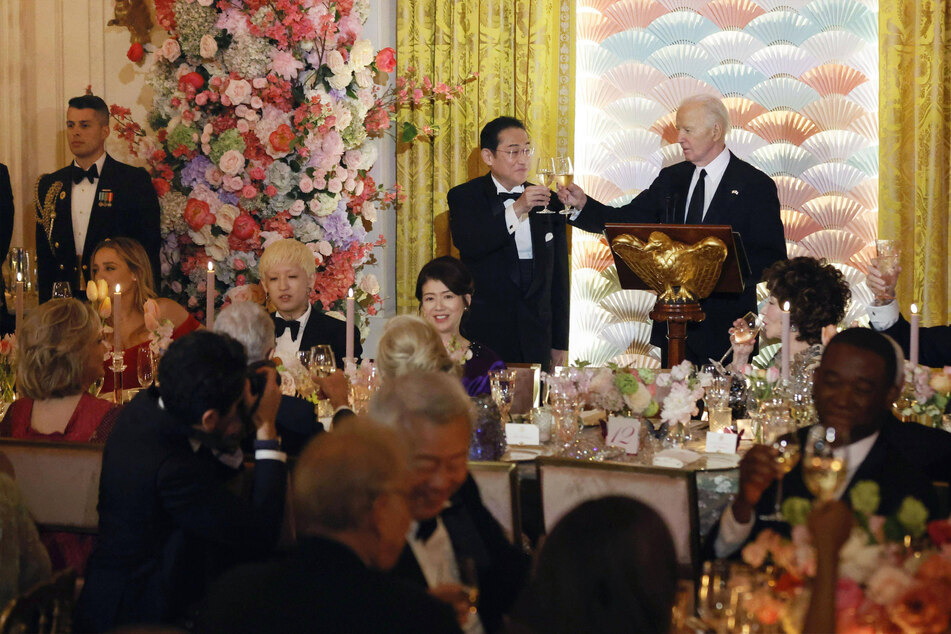
The two leaders unveiled plans to restructure US military command in Japan, the biggest such change since the 1960s. The move is aimed at making US and Japanese forces more nimble in the event of threats, such as a Chinese invasion of Taiwan.
The United States, Japan, and Australia will also launch a joint air defense network, while Britain will take part in military exercises with Washington and Tokyo.
Prime Minister Kishida hailed the Japan-US alliance as crucial for upholding peace and democracy in the region, where China is seen as being increasingly assertive and aggressive, particularly by Taiwan.
Calling for "peace and stability" across the Taiwan Strait, Prime Minister Kishida also took aim at Russia for its invasion of Ukraine, stating that it's "Ukraine today, maybe East Asia tomorrow."
Biden insisted that the military upgrade in China's backyard was "purely defensive" but made no quarrels in stating a desire to create greater alliances between regional powers in an effort to counter China.
On Thursday, President Biden will host the first trilateral summit between Japan, the Philippines and the United States, with the aim to support Manila amid tensions with China in the South China Sea.
Cover photo: imago/Xinhua
